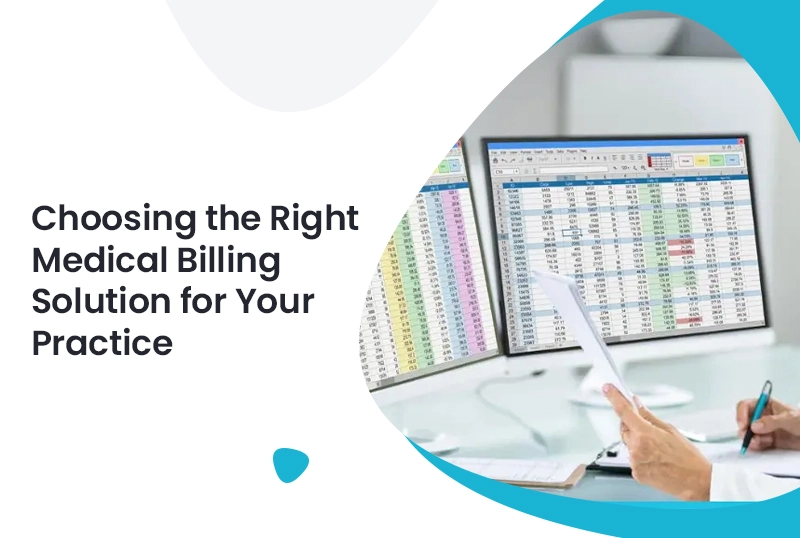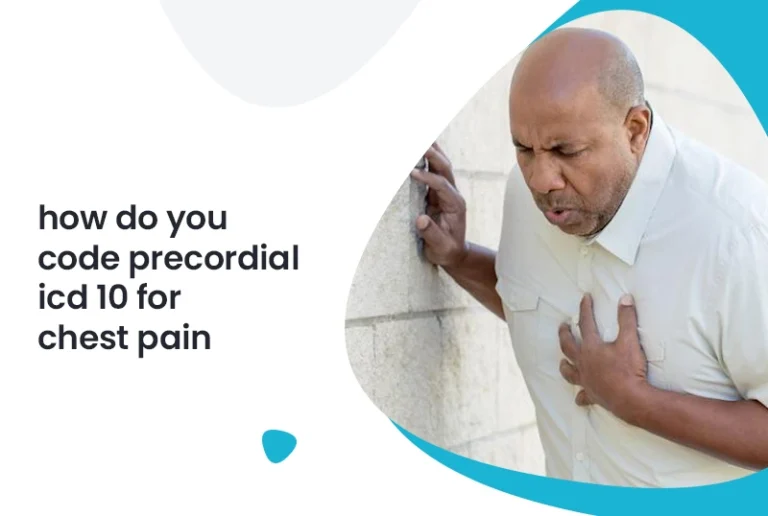For healthcare providers, implementing the right medical solution is fundamental to optimizing practice management, maintaining regulatory compliance, and securing consistent revenue. Whether you’re a solo provider or run a multi-specialty clinic, your choice in technology and service partnerships can directly impact performance. The right medical billing service not only improves claim accuracy but also ensures steady cash flow and less administrative burden.
What Is a Medical Billing Solution and Why Does It Matter?
A tailored medical solution brings together systems, services, and workflows that align with your unique practice needs. From patient intake to final reimbursement, every step can benefit from optimization. You gain clarity in coding, reduce claim denials, and save hours in manual work.
Providers often face setbacks due to outdated software, inconsistent billing practices, or undertrained staff. These inefficiencies lead to missed revenue opportunities. Implementing the right tools and systems helps eliminate those gaps, ensuring timely reimbursements and improved patient satisfaction.
Top Features to Look for in a Medical Billing Solution
Choosing a medical solution goes beyond software—it’s about integration, support, and long-term performance. Look for features that include:
- Real-time eligibility verification
- Automated claims scrubbing
- Integration with EHR/EMR systems
- Customizable reporting tools
- Secure patient communication portals
- Scalable infrastructure
These features streamline operations, lower administrative errors, and allow you to focus on patient care rather than paperwork
Want more information? Read here: Medical Billing Company
Provider Enrollment in Medical Solutions
In the middle of selecting your medical solution, don’t overlook credentialing services. Without proper credentialing, even the best billing system won’t secure reimbursements. Credentialing ensures your providers are verified and enrolled with insurers, keeping revenue channels open and compliant.
Credentialing should ideally be integrated with your billing system to avoid delays and redundancies. Practices that ignore this step often struggle with payment rejections, impacting cash flow and staff morale. The right medical solution includes tools or support for streamlined credentialing from day one.
Medical Solution vs. In-House Billing: What’s Right for You?
Many practices debate between outsourcing and handling billing internally. A full-service medical solution offers more reliability, especially for practices lacking the bandwidth to manage billing processes in-house.
Outsourcing gives access to expert billers, coders, and RCM specialists, freeing your staff to focus on patient care. In contrast, in-house teams require extensive training, updates, and supervision. Evaluate costs, scalability, and error rates to determine the better fit.
How to Choose the Best Medical Solution for Small Practices
Every practice has unique needs, but some universal considerations will help you evaluate your options effectively:
- Scalability – Can the system grow with your practice?
- User-Friendliness – Is the interface intuitive for your team?
- Support & Training – Does the vendor provide onboarding and ongoing support?
- Compliance & Security – Does it meet HIPAA and industry standards?
- Custom Reporting – Can you extract insights and trends to guide decisions?
Compare several solutions and ask for demos. Involve your billing staff and physicians in the review process to ensure the system aligns with daily workflows.
Revenue Cycle Management in Healthcare: Why It Completes the Puzzle
An advanced medical solution must offer or integrate seamlessly with (RCM) healthcare tools. From pre-authorization to final payment, RCM tracks every dollar and ensures no revenue is left behind.
Practices leveraging complete RCM solutions experience fewer denials, faster reimbursements, and a deeper understanding of financial performance. This transforms financial management from reactive to proactive, which is essential in value-based care environments.
Common Mistakes When Choosing a Medical Solution
When searching for a medical solution, practices often make the mistake of focusing only on price. While affordability matters, sacrificing functionality or support can cost you more in the long run. Here are a few pitfalls to avoid:
- Choosing generic software not built for healthcare
- Ignoring post-implementation support
- Skipping training and expecting staff to adapt instantly
- Not verifying HIPAA compliance
- Overlooking integration with current systems
The ideal system is one that addresses your clinical, administrative, and financial needs holistically.
Best Medical Billing Software for Private Practices in 2025
If you’re researching the best platforms to integrate with your medical solution, here are a few trending and highly rated options based on usability, support, and performance:
- AdvancedMD
- Kareo
- Athenahealth
- DrChrono
- NextGen Healthcare
Each of these platforms supports medical billing, RCM, and credentialing functions while providing scalable solutions for small to mid-size practices.
Final Thoughts
As regulations evolve and patient expectations increase, your medical solution must stay ahead of the curve. Look for providers that offer regular updates, integrate with telehealth and e-prescription platforms, and enable data interoperability.
Adopting a flexible and future-ready system positions your practice for long-term success. It reduces manual tasks, improves collections, and enhances overall care delivery.
Your chosen platform should support every layer of your operation, ensuring seamless integration, improved efficiency, and sustained practice growth.
(FAQs) Frequently Ask Questions
1. What is a medical solution in healthcare?
It refers to integrated software and services designed to manage clinical, billing, and administrative workflows in a healthcare practice.
2. How do I choose the best medical billing solution?
The best medical billing solution should offer scalability, ease of use, strong support, secure integrations, and proven results in improving revenue. Providers like Precision Hub are trusted for delivering complete, customized solutions tailored to the unique needs of medical practices.
3. Is credentialing part of a medical solution?
Yes, many complete solutions offer credentialing services to ensure providers are enrolled with payers and compliant with insurer requirements.
4. Why is revenue cycle management important in a medical solution?
It ensures efficient claims processing, tracks financial performance, and minimizes payment delays or denials.
5. Can a small practice benefit from a medical solution?
Absolutely. Even solo providers benefit from streamlined workflows, fewer billing errors, and improved reimbursement rates.







